
01 May 2004

Visions of Europe
Twenty-five films from twenty-five European countries by twenty-five European directors.
How would you feel if the state sold the mountain above your village to a big multinational?
How would you feel if the state sold the mountain above your village to a big multinational, your country's beautiful islands, its beaches or your great monuments? Strangled by debt, governments and public administrations all over Europe act like any indebted family: they try not only to reduce costs, but attempt to replenish their coffers by putting their most valued family possessions on the market. More often than not, this includes part of the countries' historical and natural heritage: castles, islands, mountains, beaches, palaces, ancient arenas and archaeological sites. But who really owns these properties? Aren't they our common heritage, our history that will end up in private or corporate hands and will no longer be accessible to all? Or is the private sector more efficient in managing these properties? And if so, who decides on the best deal? Are there democratic proceedings for the sale of our common good? The people of Europe want accountability.

01 May 2004

Twenty-five films from twenty-five European countries by twenty-five European directors.
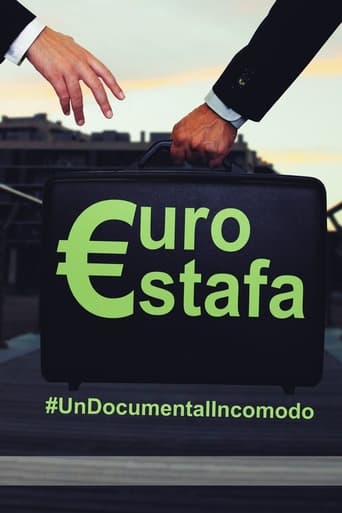
26 Jun 2014

This documentary analyses the perverse monetary policies initiated before the euro inception. It focuses on the case of Spain and the terrible housing bobble that developed there.
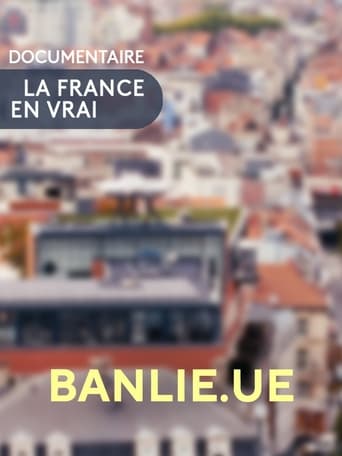
26 Oct 2023

No overview found
One man's hat is another man's treasure when it comes to the importance and significance of saving items of historic value.
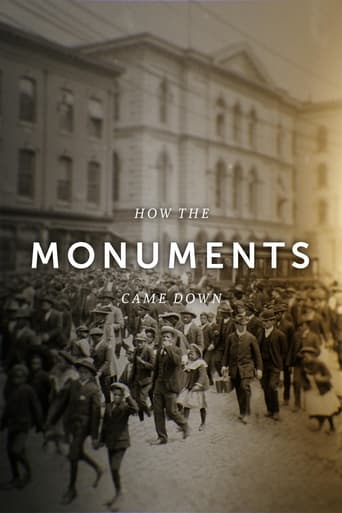
10 Jun 2021

How the Monuments Came Down is a timely and searing look at the history of white supremacy and Black resistance in Richmond. The feature-length film-brought to life by history-makers, descendants, scholars, and activists-reveals how monuments to Confederate leaders stood for more than a century, and why they fell.
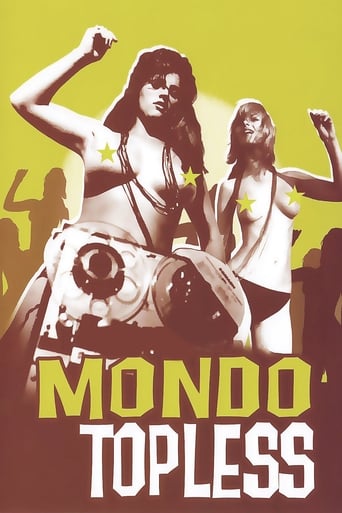
17 Nov 1966

Completely topless. Completely uninhibited. The craze that began in San Francisco is now exploding across the USA and Europe.
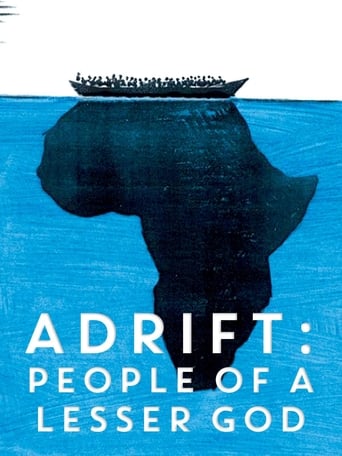
04 Jun 2010

ADRIFT- People of a Lesser God is the story of an incredible odyssey made by several-times Pulitzer Prize-nominated undercover reporter Dominique C. Mollard. In this gripping story, Mollard sails with 38 African migrants, among them a five-month-old baby, out of West Africa on a quest to reach the golden shores of Europe. All aboard are packed together like sardines in a leaky fishing canoe as they set off under full moon on their harrowing journey. ADRIFT-People of a Lesser God captures the struggle of these desperate migrants as they brave their way across the cold Atlantic, risking their lives in search for a better future. —Ziad H. Hamzeh
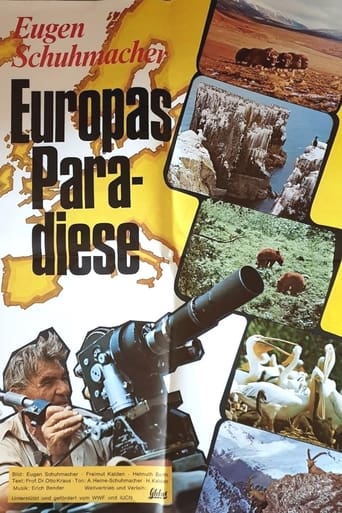
23 Nov 1973

Eugen Schuhmacher focuses on endangered and rare animal species such as the European bison and the Northern bald ibis as well as the general fauna of the diverse and species-rich continent of Europe. The need to protect nature and animals is made impressively clear through the power of images.
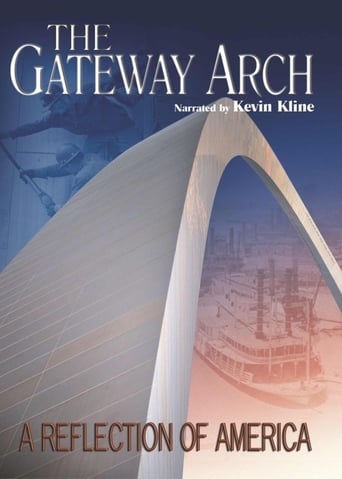
19 Aug 2006

The Gateway Arch: A Reflection of America chronicles for the first time the complete story of this great American symbol… from Thomas Jefferson, Lewis & Clark, and St. Louis’ role in westward expansion; to the eventual construction of the largest stainless steel structure in history.
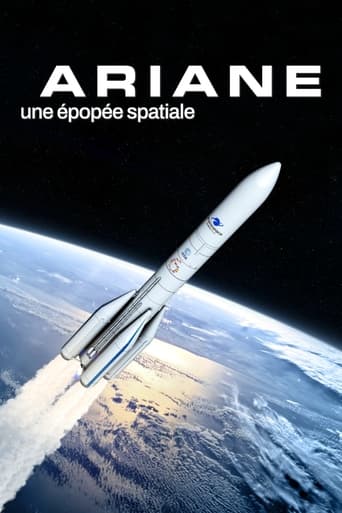
16 Sep 2021

The history of the Ariane rocket is a space epic that has seen Europeans unite and innovate to make a place for themselves in the space race. Faced with Soviet and then American supremacy, men and women from the four corners of Europe have achieved the impossible. Ariane has become a true monument, thanks to the passion of those who dreamed of it and to their tenacity in the face of the various obstacles that stood in their way. This undeniable European success is now at a turning point in its history. The new Ariane 6 program is currently being developed to meet the challenges of tomorrow: will it be able to meet the challenges of a more competitive environment than ever before?
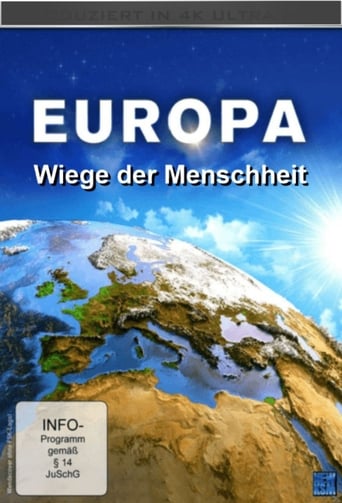
08 Feb 2020

Looking at whether the history of early human evolution should be rewritten. For decades, most experts have been convinced that Africa is the cradle of mankind and many fossil finds from Kenya, Ethiopia, South Africa and Chad seemed to prove it.

01 Jun 2016

A young woman researches the hidden story of Indian soldiers who came to fight in France and Belgium during the World War I. The presence of these 140,000 soldiers in Europe is a virtually unknown fact of history.
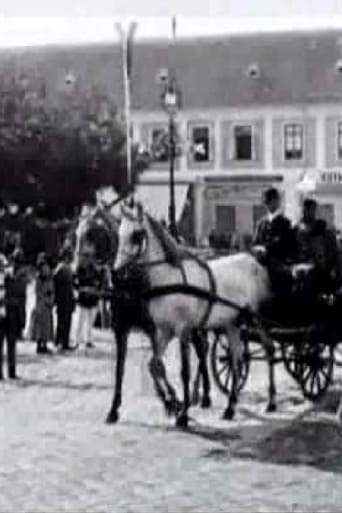
01 Jan 1912

“First” pan in Pannonian Basin and highly likely in the Balkans was created in 1912 by Ernest Bosnjak. The film documented the unveiling of the monument to Ferencz Rákóczi in Sombor and also features a brief tilt shot of the monument itself.
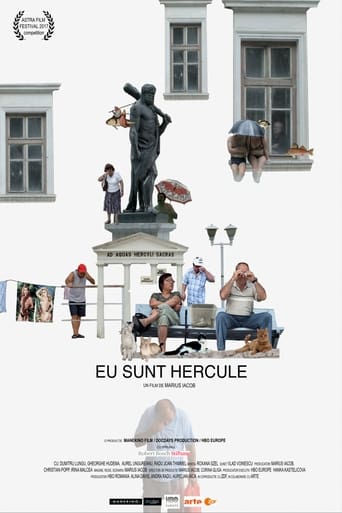
01 Jan 2016

Herculane Baths, one of the oldest resorts in Europe, the place where, a few centuries ago, kings and queens were diving in the healing waters, became a maze where people get lost while looking for something better. Relu, Mitica and Gelu, three masseurs, are tour guides through the maze of an Eastern Europe garden of Eden.

28 Nov 2017

Exclusive access to chief diplomat of the EU Federica Mogherini as Europe faces a crumbling world order.
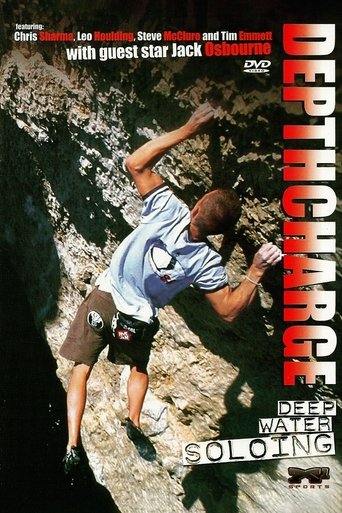
01 May 2005

In 2004 X1 Sports took a band of intrepid climbers to Croatia . Their mission was to find some of the best and unknown rock in the Europe ; the reason, well to see if they could Deep Water Solo off it of course. With some of the best climbers in the world, Chris Sharma, Steve McClure, Leo Holding, Depth Charge charts their progress and antics as they look to challenge their limits each and every day. Depth Charge is an on the wall documentary of their every move and allows the viewer to see exactly what makes a climber tick.
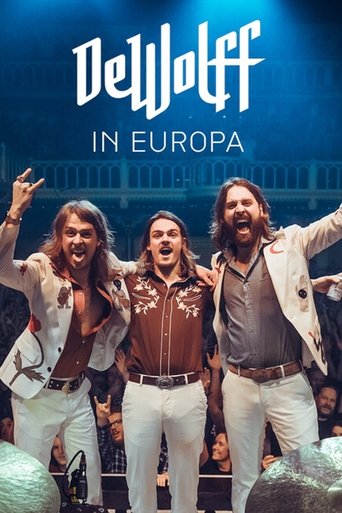
22 Feb 2020

This documentary provides an immersive look behind the scenes of the rock group DeWolff, which is formed by Pablo and Luka van de Poel and their friend Robin Piso. The documentary can be experienced as a coming of age of musicians, a wild ride full of music, drinks and calamities.
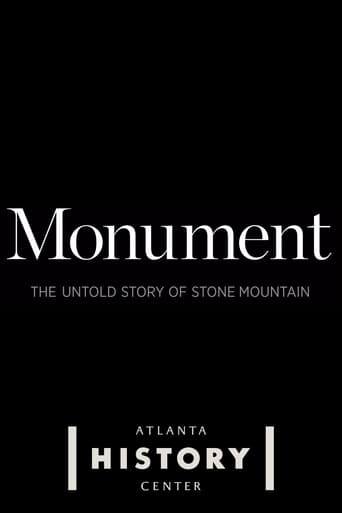
11 Jan 2023

Atlanta History Center explores the controversial history of the Stone Mountain carving through a documentary film and online resources.
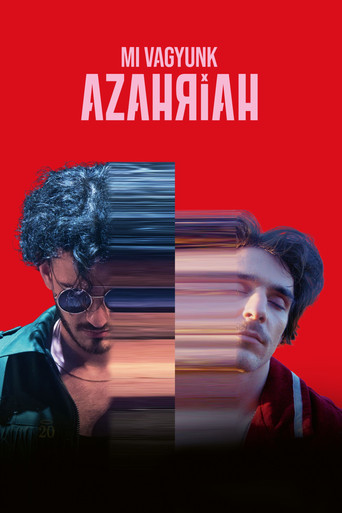
28 Nov 2024

Attila Baukó, aka Azahriah is one of Hungary's most famous singer, who filled the biggest sport arena of the country with three consecutive concerts. But this film is not a concert film. It is not a music documentary. Nor is it a traditional portrait film. We are Azahriah is the story of a real and an imaginary journey inspired by Azahriah's life and songs.

06 Mar 2018

No overview found